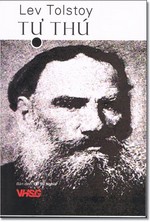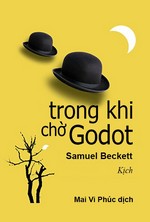Aikido Principles: Basic Concepts of the Peaceful Martial Art
Aikido is a martial art unlike any other. It contains no attacks, only defense, and this defense should be so gentle that even the attacker is delighted by it. There is no competition, since each participant should be a winner. It's an art that takes a lifetime to learn. This book presents the principles and basic concepts of aikido, which is deeply rooted in Eastern philosophy and the refined ideals of the samurai. It is not a technical manual, but an exploration of the thoughts and theories at work in aikido practice. The book elaborates on the ethics involved in practicing this martial art, the philosophy on which it's founded, and the attitude needed to progress in aikido. It also goes through the many significant Japanese terms used, explaining their meaning in training as well as in the martial arts context and theory. Among the terms explored are the three words that make up the name of the art: ai, joining, ki, the universal life energy, and do, the way. Tanden, the center, is also explained thoroughly, as is kiai, the concentration of energy, takemusu, the ideal of improvised martial arts, and many other concepts used in aikido as well as the other Japanese martial arts. One chapter is dedicated to kototama, the cosmology of sounds that the founder of aikido, Morihei Ueshiba, studied intensely. There is also a dictionary of the terminology used in aikido. The book was previously published as Aikido: The Peaceful Martial Art.








